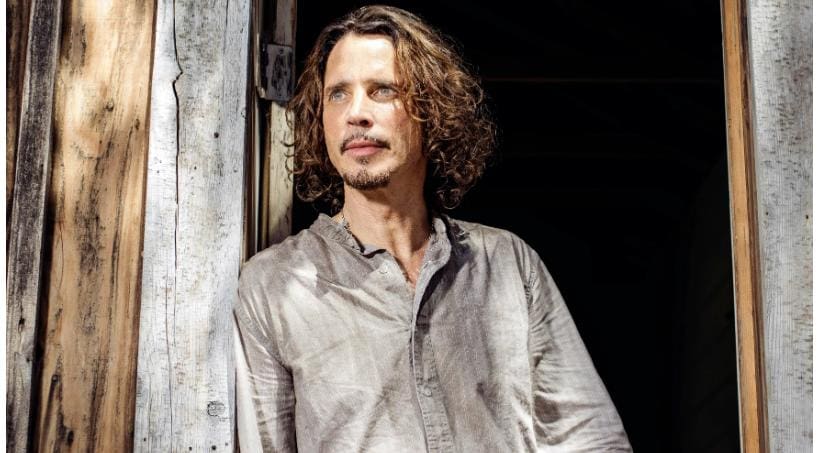Chris Cornell, born Christopher John Boyle, was an influential singer, songwriter, and musician who played a pivotal role in the development of the grunge music scene in the 1990s. He was the lead vocalist for the rock bands Soundgarden and Audioslave, known for his extensive vocal range and emotionally intense performances. Tragically, Cornell died by suicide in 2017, leaving a profound impact on the music world.
Early Life and Music Career
Born on July 20, 1964, in Seattle, Washington, Cornell faced a challenging upbringing marked by drug use and depression. He found solace in music and began his career as a drummer before moving on to vocals and guitar. Cornell formed Soundgarden in 1984, and the band was a major player in the burgeoning Seattle grunge scene, alongside bands like Nirvana, Pearl Jam, and Alice in Chains.
Soundgarden achieved considerable success with their third studio album, “Badmotorfinger”, and their following album, “Superunknown”, debuted at number one on the Billboard 200 chart. However, despite their success, the band faced internal conflicts and announced their breakup in 1997.
After Soundgarden’s breakup, Cornell embarked on a solo career and later joined the supergroup Audioslave, which included members of Rage Against the Machine. Audioslave released three albums before disbanding in 2007. Cornell then returned to his solo work and also had a Soundgarden reunion in 2010.
Final Days and Death
In the days leading up to his death, Cornell performed concerts with Soundgarden and appeared to be in good spirits, according to those close to him. His final performance was at the Fox Theatre in Detroit on May 17, 2017. Cornell reportedly seemed “high” and “out of character” during the performance, but there were no immediate signs that he was in severe distress.
Following the concert, Cornell returned to his hotel room at the MGM Grand. He had a telephone conversation with his wife, Vicky Cornell, who later stated that he was slurring his words and admitted to having taken an extra dose of his anxiety medication.
Concerned about his state, Vicky contacted a family friend to check on Cornell. The friend forced open the hotel room door to find Cornell unresponsive in the bathroom. Emergency services were called, but Cornell was pronounced dead at the scene. The cause of death was later determined to be suicide by hanging. He was 52 years old.
Aftermath and Legacy
Cornell’s death sent shockwaves through the music world. Fellow musicians and fans alike mourned his loss, and tributes poured in from around the globe. His funeral took place at the Hollywood Forever Cemetery in Los Angeles on May 26, 2017, and was attended by numerous celebrities and musicians.
Posthumously, Cornell’s music saw a surge in sales and streaming, and his influence on the rock and grunge genres was widely acknowledged. His death also raised awareness about mental health issues, particularly within the music industry.
Despite his tragic end, Cornell’s legacy lives on through his music. His powerful voice and emotive lyrics continue to resonate with fans old and new. His life and career, although marred by personal struggles, have left an indelible mark on the landscape of rock music.
25 Facts about Fiji: A Tropical Paradise with Cultural Riches

